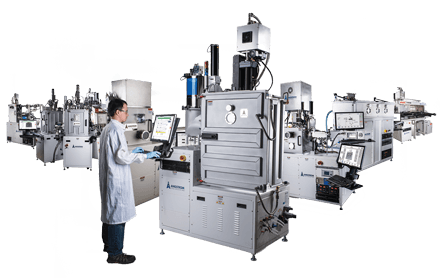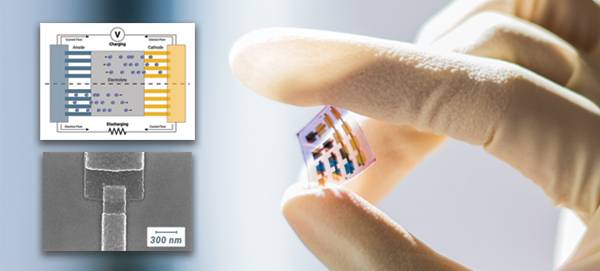SVC TECHCON 2020 | Tutorials

C-212 Troubleshooting for Thin Film Deposition Processes
The tutorial is designed for process engineers and technicians, quality control personnel, thin film designers, and maintenance staff.
Vacuum deposited thin films are used for optical coatings, electrically-conductive coatings, semiconductor wafer fabrication, and a wide variety of other uses. They may be deposited on glass, plastic, semiconductors, and other materials. Usually, a vacuum deposition process produces durable, adherant films of good quality. But what do you do when things go wrong? Not all films can be deposited on all substrate materials. Sometimes films peel off or crack. Other times they are cloudy, absorbing, scattering, or have other unacceptable properties.
This tutorial will teach you about techniques and tools that can be used to identify the source of the problems, correct the process, and get back into production. It will also help in learning how to develop new processes and products.
C-260 Organic Electronics – The Future is Bright
This course is intended to give a practical approach to the audience on the fabrication of organic electronic and optoelectronic devices and emphasize on key parameters to consider during the design and building steps. The invention of low voltage and efficient thin film light emitting diode three decades ago, opened the door to organic thin films as a foundation for new generation electronics and optoelectronics. Since then, a wide range of possibilities using small organic molecules and conjugated polymers have been explored in a wide range of applications. Not only organic electronics have been proven in research, they have for a while now found space in consumer market. Organic light emitting device, or OLED as we all know it, is the most successful example along with organic solar cells and organic thin film transistors. In addition to screen displays, solar panels and transistors, these materials have recently emerged in intelligent wearable textiles, biomedical and bio-implantable devices, laser applications and found broader applications as sensors for non-invasive diagnostics or treatments. Organic electronics have become ubiquitous in society and the future of this industry is looking very bright.
Understanding the principle of operation and knowing how to build systems for fabrication of organic thin films is only the beginning of the adventure; after taking this course the only remaining question will be “When will you take part in building the future of organic electronics?”








